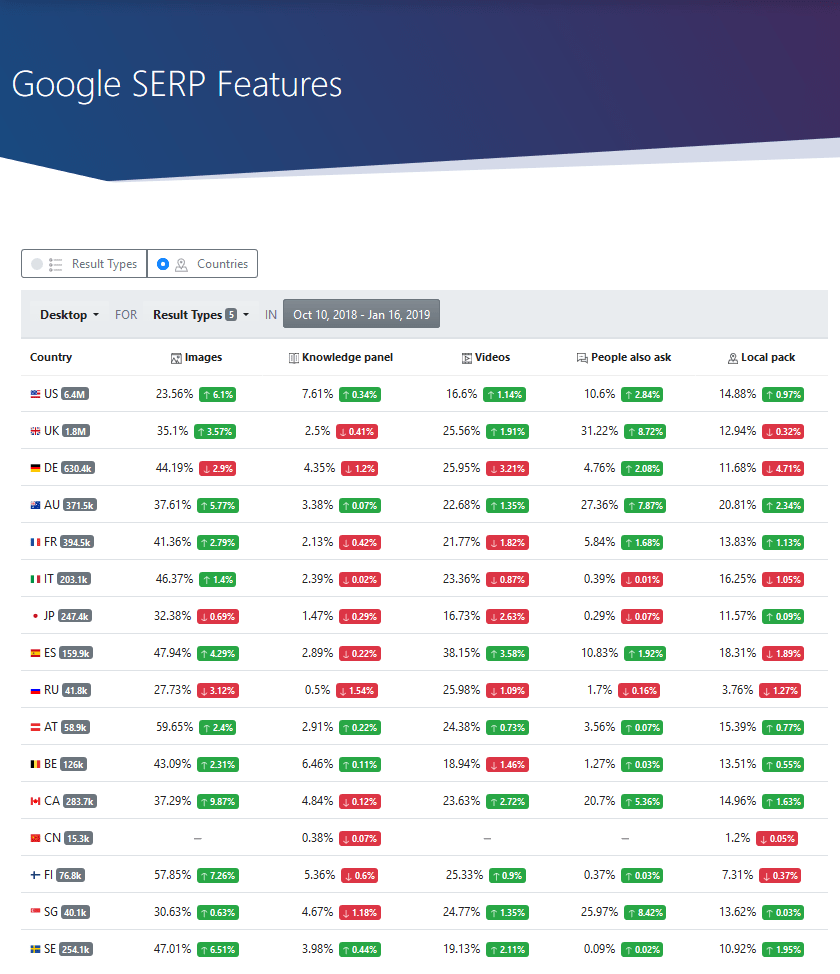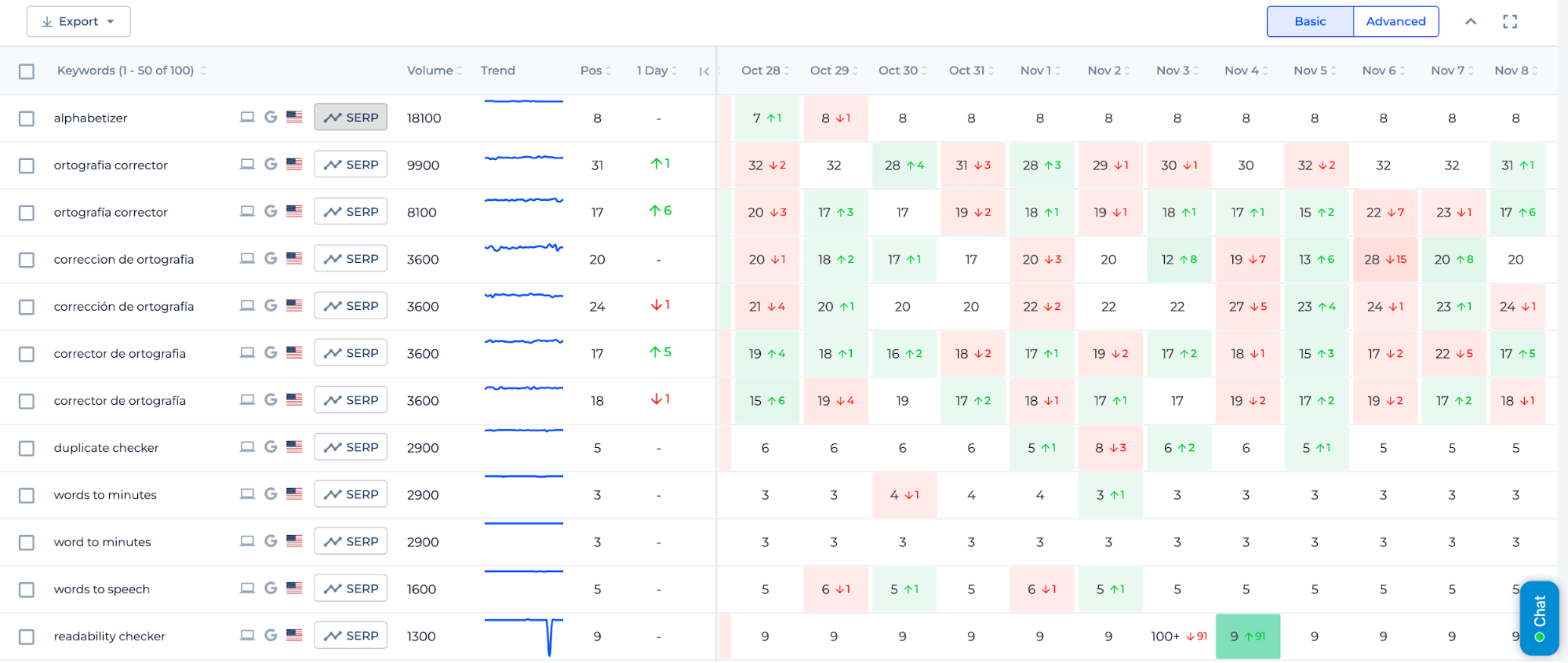Understanding How To Track SERP Google Results Effectively
In the digital age, tracking your website’s performance on search engines is crucial for maintaining a competitive edge. One of the most effective methods to achieve this is by learning how to track SERP Google results. SERP, or Search Engine Results Page, indicates where your website ranks in Google’s search results for specific keywords. Understanding this ranking can provide insight into your online visibility and help you strategize your digital marketing efforts. By keeping an eye on your SERP positions, you can adapt your SEO strategies, enhance your content, and ultimately drive more traffic to your site.
Tracking SERP Google results is not just for SEO specialists; it’s essential for business owners, content creators, and marketers who want to understand how their web presence is perceived online. With the right tools and techniques, anyone can monitor their SERP standings and make informed decisions based on this data. Whether you’re a seasoned professional or new to the world of SEO, knowing how to track your SERP rankings can empower you to refine your approach and achieve better results.
Moreover, as search algorithms evolve, staying updated on how your site performs on Google’s SERPs can reveal opportunities for improvement. This article will guide you through the fundamental aspects of tracking SERP Google results, including the best tools available, tips for interpreting data, and strategies for enhancing your rankings. With this knowledge, you can take actionable steps toward improving your website’s visibility and driving more organic traffic.
What Does It Mean to Track SERP Google?
Tracking SERP Google refers to the process of monitoring your website’s ranking for specific keywords on Google’s search engine results pages. This data is crucial for understanding how well your SEO efforts are paying off and where adjustments might be needed.
Why Is Tracking SERP Google Important?
There are several reasons why tracking your SERP rankings is vital:
- Performance Measurement: It helps you measure the effectiveness of your SEO strategies.
- Competitor Analysis: By understanding where you stand compared to competitors, you can refine your tactics.
- Content Strategy: Insights can guide your content creation efforts, ensuring that you’re targeting the right keywords.
- Traffic Predictions: Higher SERP rankings typically lead to increased organic traffic.
How Often Should You Track SERP Google Results?
The frequency of tracking SERP Google results can vary depending on your business needs and industry dynamics. However, here are some general guidelines:
- For highly competitive industries, consider tracking daily.
- In less competitive niches, weekly or bi-weekly tracking may suffice.
- Adjust your frequency based on recent changes in your SEO strategy or algorithm updates.
What Tools Can Help You Track SERP Google Rankings?
There are numerous tools available for monitoring your SERP rankings. Some of the most popular include:
- SEMrush: Offers comprehensive SERP tracking and competitor analysis.
- Ahrefs: Known for its backlink analysis but also provides SERP tracking features.
- Google Search Console: A free tool from Google that offers insights into your website’s performance.
- Rank Tracker: A dedicated tool for tracking keyword rankings over time.
How Do You Interpret SERP Google Data?
Understanding how to read SERP data is essential for effective SEO strategies. Here are a few key metrics to focus on:
- Keyword Ranking: The position of your website for specific keywords.
- Visibility Score: A measure of how visible your site is in search results.
- Click-Through Rate (CTR): The percentage of users who click on your listing after seeing it.
What Strategies Can Improve Your SERP Google Rankings?
To enhance your SERP rankings, consider implementing these strategies:
- Optimize On-Page SEO: Ensure your content is well-structured, relevant, and keyword-rich.
- Build Quality Backlinks: Focus on acquiring backlinks from reputable sites.
- Utilize Social Media: Promote your content on social platforms to drive traffic.
- Monitor User Experience: Improve site speed and mobile responsiveness.
Can You Track SERP Google Results for Competitors?
Yes, tracking SERP results for competitors is not only possible but also highly beneficial. By understanding where your competitors rank for the same keywords, you can identify gaps in your SEO strategy and capitalize on potential opportunities.
What Are Some Common Mistakes When Tracking SERP Google?
Even experienced SEO professionals can fall into traps when tracking SERP rankings. Here are some common mistakes to avoid:
- Focusing Solely on Rankings: Remember to consider traffic and conversions, not just position.
- Neglecting Local SEO: If your business serves a local area, track local SERP results, too.
- Ignoring Algorithm Updates: Stay informed about changes that may affect your rankings.
How Can You Stay Updated on SERP Changes?
To keep up with SERP changes and SEO trends, consider these strategies:
- Follow SEO Blogs: Stay informed by following reputable SEO blogs and websites.
- Join Online Communities: Engage with SEO forums and social media groups.
- Attend Webinars and Conferences: Participate in events to learn from industry leaders.
In conclusion, tracking SERP Google results is a fundamental aspect of any successful SEO strategy. By understanding your rankings, analyzing data, and adjusting your tactics, you can enhance your online visibility and drive more traffic to your website. Whether you’re a business owner, marketer, or content creator, mastering the art of SERP tracking is essential for achieving your digital marketing goals.



ncG1vNJzZmixn6PAtr7IZqWeq6RjsLC5jpycpZ2Sp7a1xZBuZq2qkZi4br%2FEq6dmn5%2BktK2xjaGrpqQ%3D
